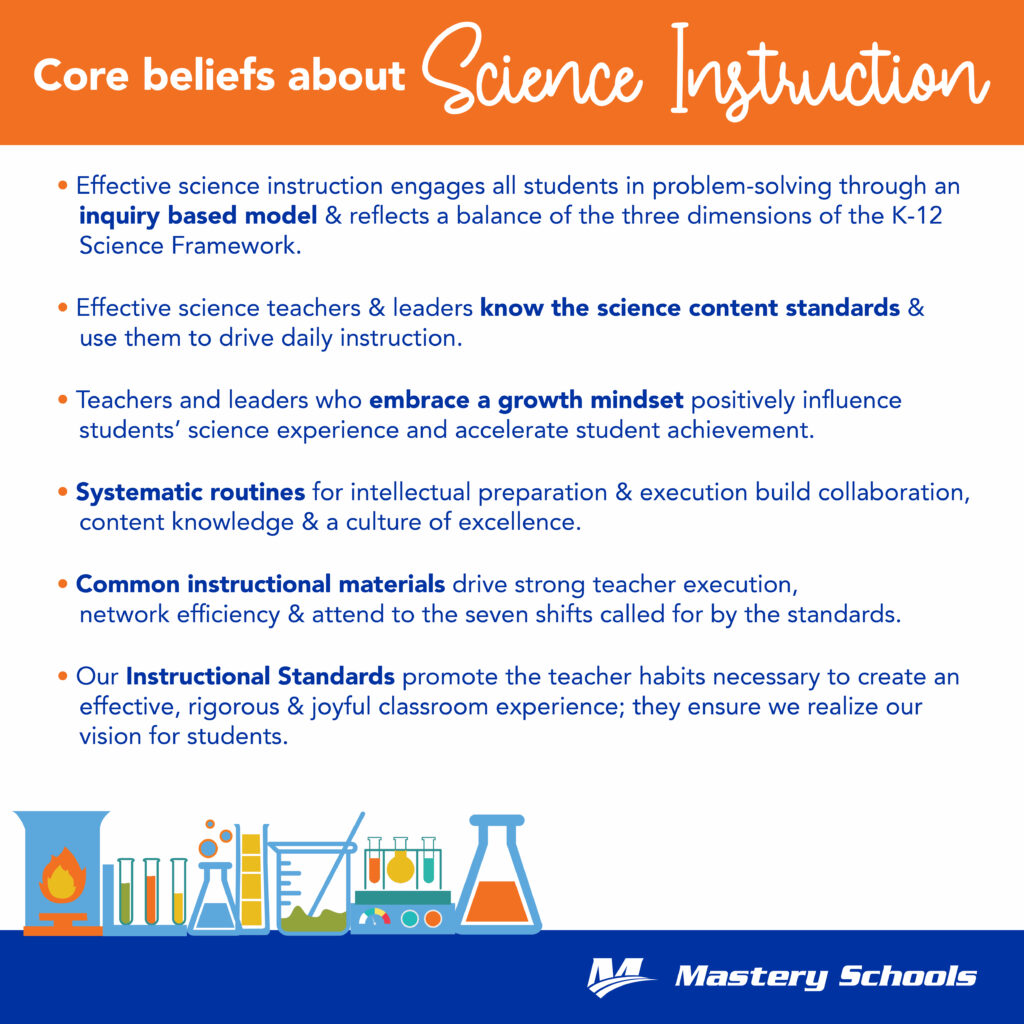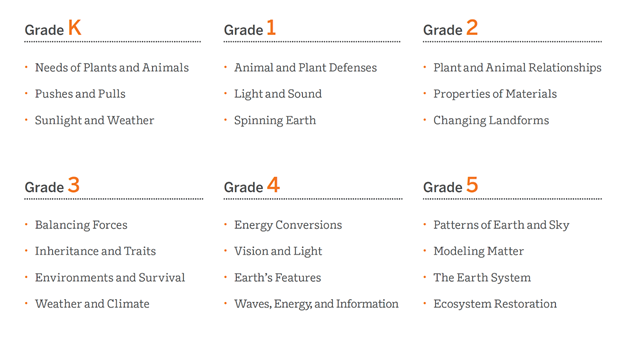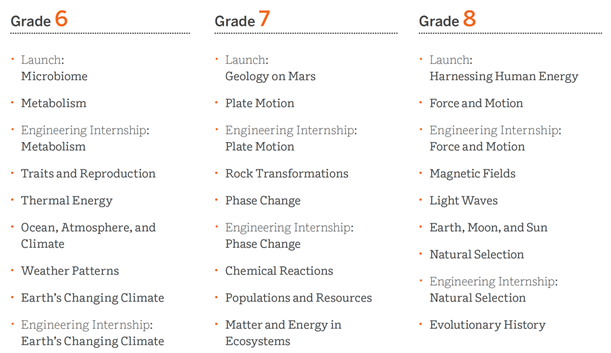Science at Mastery
All students have opportunities to make sense of science content through collaborative analysis, reasoning, and application in a hands-on inquiry based model. Students feel empowered to succeed in Science because they see the relevance of science topics in their life through connections to prior experiences and real-world phenomena.

130
15
Science Courses At-a-Glance
The goal of science instruction at Mastery is to provide students with experiences that help them understand the world and how it works. This is achieved through an intentional sequencing of content in the life, physical and earth and space sciences that moves from the concrete to the abstract so that students build accurate mental pictures of concepts and are able to use those concepts to solve novel and interesting problems.
Grades K-12
- 45 minutes of daily science instruction
- Amplify Science Instructional Model: Amplify Science’s instructional model allows students to access their prior knowledge and to connect past learning experiences to the present. Students have the opportunity to ask questions and define problems about the natural and designed world, design investigations in which they collect and analyze trends and patterns in their data, engage in argument form evidence in both writing and through discourse with their peers, develop conceptual scientific models of physical phenomena, and to communicate their findings from their investigations.
- HMH Science Dimensions: Science Dimensions provides relevant, real-world opportunities for students to work and think like scientists and engineers in a three dimensional learning experience. Students engage in a wide variety of activity types including hands-on activities and explorations, argumentation in writing and discourse, engineering projects, modeling, and simulations to spark curiosity, maximize active engagement and develop conceptual understanding with and experiences in science learning.
Students in grade K-5 are introduced to compelling phenomena and real-world problems, develop and strengthen claims by collecting evidence and testing assumptions, and apply their learning in new contexts. In each unit, students are asked to inhabit the role of a scientist or engineer in order to investigate a real-world problem. These problems provide relevant, 21st-century contexts through which students investigate different scientific phenomena.
In grades 6-8 students are introduced to relevant, real-world experiences that mirror how scientists and engineers actually work by engaging in hands-on investigations, digital modeling tools and simulations that work seamlessly together to enable students’ investigations and explorations. In each unit, students investigate scientific phenomena, engage in collaboration and discussion, and develop models or explanations in order to arrive at solutions.
In grades 9 – 12, the HMH Science curriculum sparks an interest in science across all areas of study with an engaging blend of digital and hands-on experiences. Lessons leverage the latest in scientific research with contributions from leading researchers and practitioners. A wealth of multimodal activities including simulations, hands-on investigations, engineering design, class discussions, and reading. Using leading edge, innovative digital tools and skill-practice resources help all students succeed.


Grade 9: Earth & Space Science
Grade 10: Biology
Grade 11: Chemistry
Grade 12: Physics